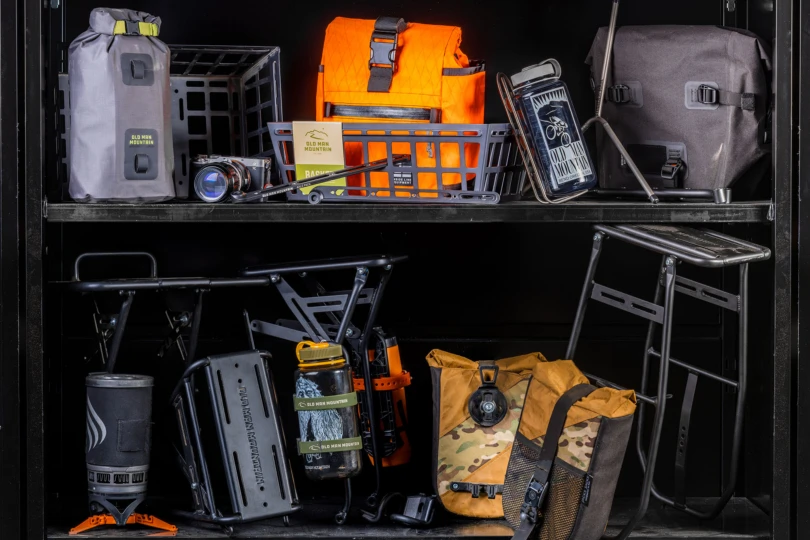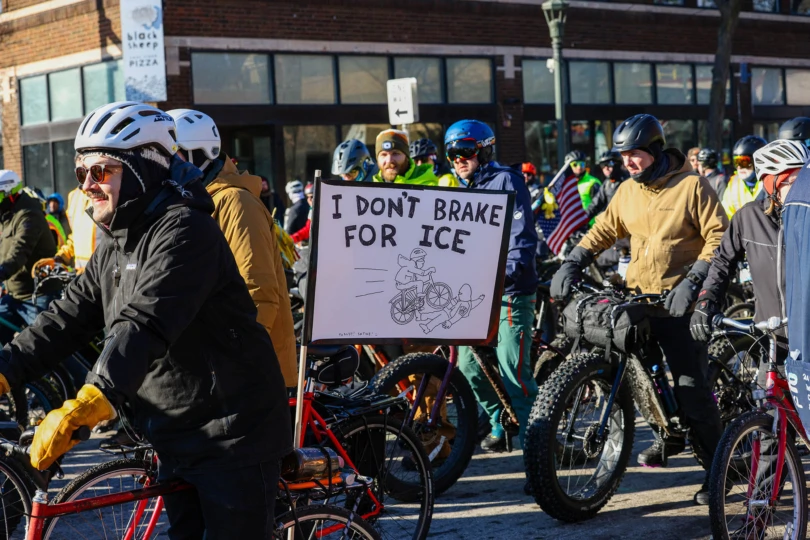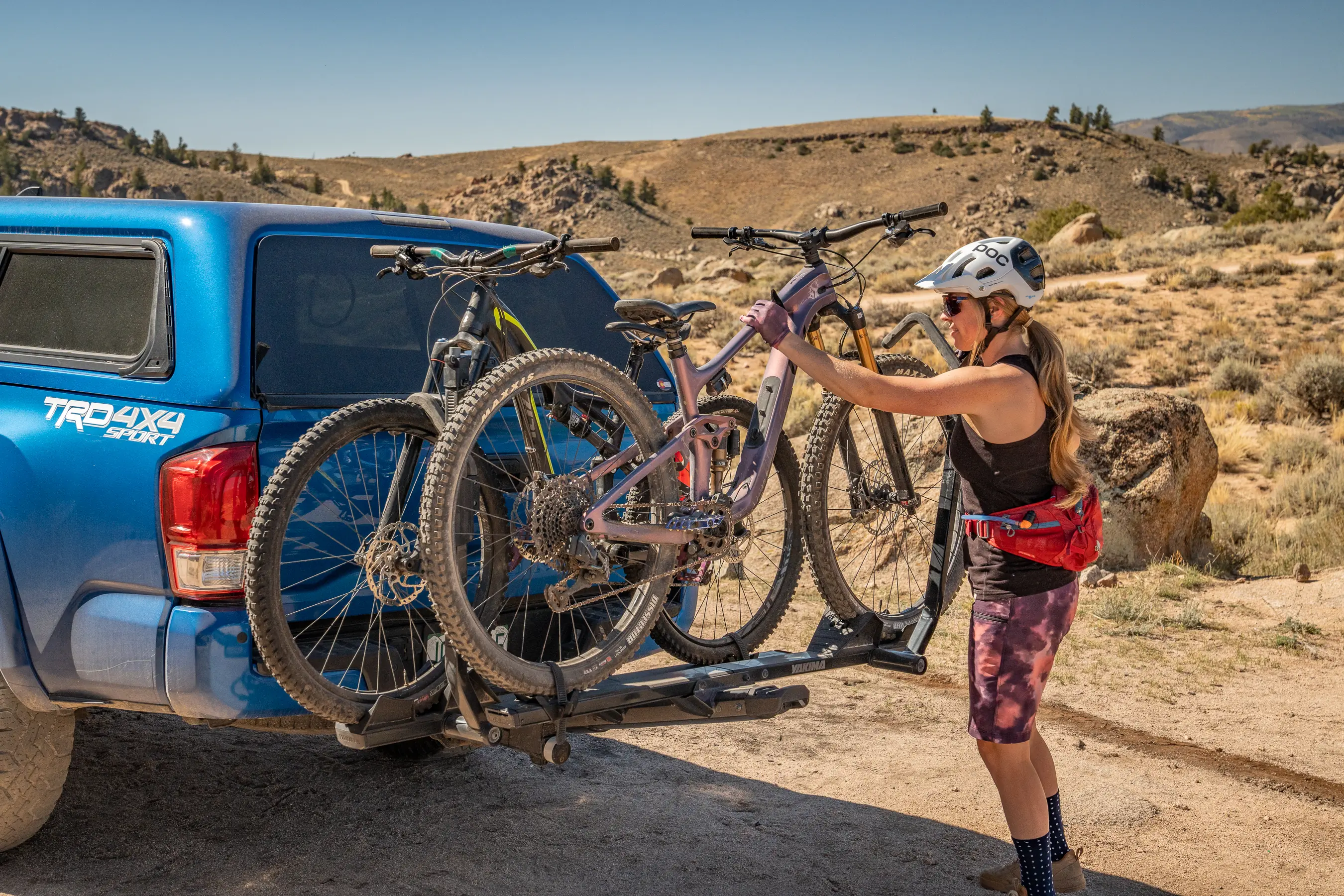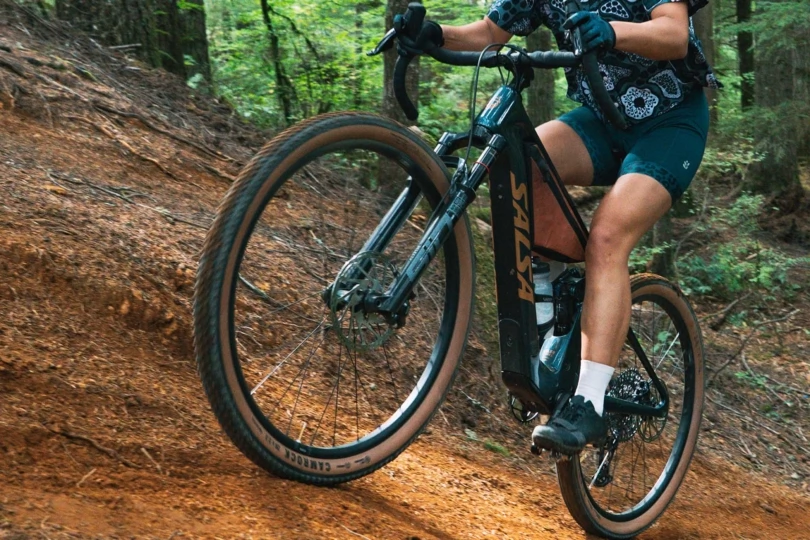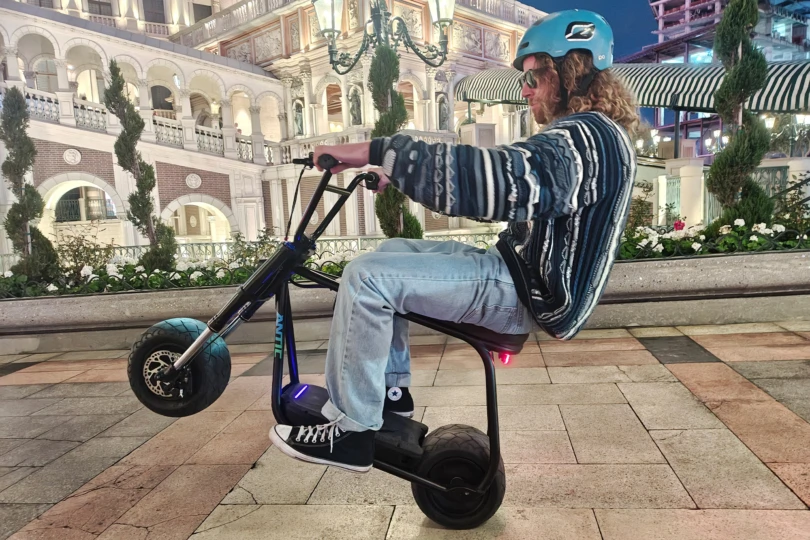Single-speed and fixed-gear bikes are painfully en vogue at the present moment. Skinny jeans. Mustaches. Track stands. U-locks in back pockets. Take a glance in the urban core of almost any American city and within minutes you’re bound to see a hipster mimicking a bike messenger.
Now, I am no innocent here. I have been on a fixie for four years. I enjoy the control and subtle machismo it takes to ride a bike in traffic when your legs are locked to the motion of a chain and spinning wheels.
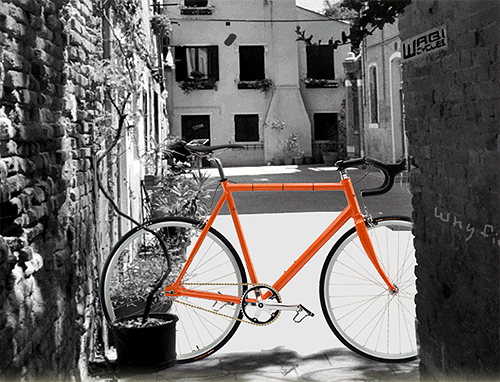
Plus, a trend that promotes something healthy like riding a bike is fine by me. For Richard Snook, a former racer and fixed-gear cyclist since the 1970s, the current climate proved an apt time to launch a company.
Wabi Cycles (www.wabicycles.com) is Snook’s small outfit in Los Angeles. He started selling fixies this past spring. He sells frames and two complete models — a Reynolds 725 steel bike for $650 and an $800 Scandium model. Both are fixed-gear (single-speed freewheel is optional). Both are custom designed to Snook’s specs and built at an ISO9002 factory in Taiwan with forged horizontal drop-outs and classic frame geometries.
Hipsters may pick up a Wabi for its clean, logo-less look. It is comfortable for commuters. The bikes are a good value for an everyday rider, too.

But a core market Wabi is addressing — road riders considering a dabble in the single-speed and fixed-gear scene — is an underserved area in need of an industry player like Snook to take it and ride.
“Our approach is to find the best combination of quickness and ‘streetability,’ so the Wabi fixie design is based on a mix of track and classic road geometry,” Snook said. “The designs are road-oriented, made to allow longer climbs and speed.”
Snook said the bikes — which are available boxed and shipped anywhere in the lower 48 states for $20 — were designed for climbing and descending, cornering, accelerating, and comfort.
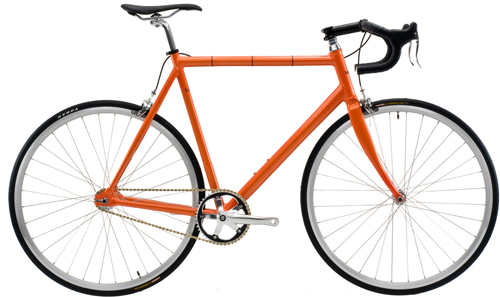
I tested the Wabi Lightning, which has a scandium-enhanced 7005 butted aluminum frame and weighs only 17 pounds complete. (The frame and fork are a scant 3.9 pounds alone.) The bike is marketed as light, fast, and agile. I will not disagree.
Wabi calls the Lightning a “do-everything fixie.” It can swing urban riding in heavy traffic or training on the open road in a peloton. I have ridden it more than 200 miles in a two-month test period, and the bike has proven to be solid, fast, reliable, and comfortable.
The Lightning’s components — including an FSA headset, sealed bottom bracket and hubs — are hand-picked and solid. The frame and carbon fork make for an amazingly light and responsive system. The geometry balances a speedy position with comfort. I can go 30 miles on the Lightning without feeling cramped — something not possible with other fixed-gear bikes I have tested.

The wheels have sealed bearing hubs and 19mm machined sidewall aero rims. Kenda’s Koncept Kevlar bead 700×23 tires are standard.
At www.wabicycles.com you pick frame size, color, stem size, bar width, crank-arm length, gearing, and other attributes to design a custom Lightning or Classic model, the latter being the company’s $650 steel bike. Add a freewheel and the bike has a flip-flop rear hub for $15 extra.
My bike came in a box via ground shipping. It took less than 20 minutes to assemble, adjust the seat, and add pedals. Then it was ready to ride — on the road or in the city, skinny jeans and a mustache not necessarily required.
—Stephen Regenold writes about outdoors gear at www.gearjunkie.com.

